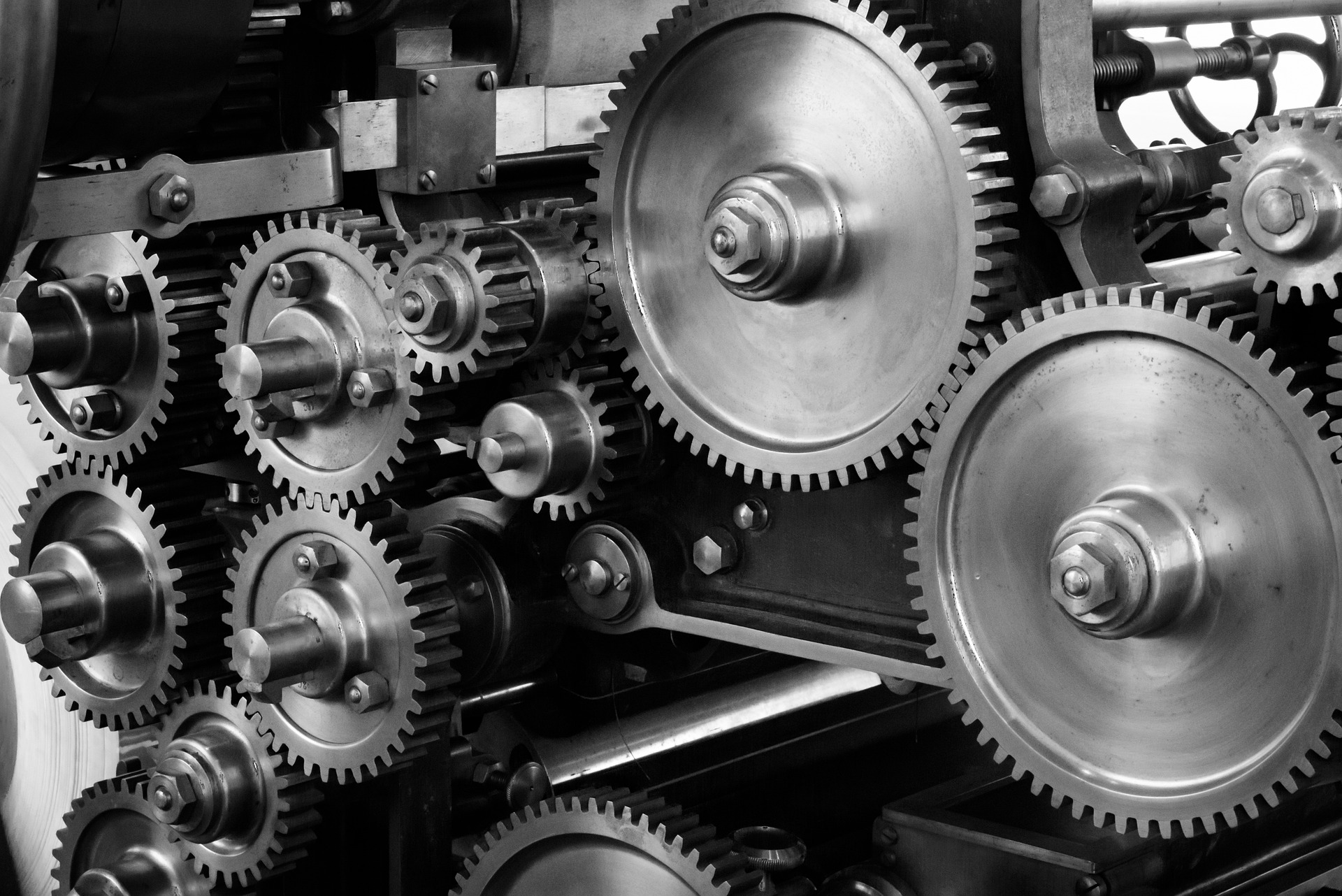Advanced machinery to boost manufacturing productivity
The manufacturing industry is continuously evolving, with advanced machinery playing a crucial role in enhancing productivity and efficiency. As businesses strive to remain competitive in an increasingly global market, the adoption of cutting-edge industrial equipment has become essential. This article explores how advanced machinery is revolutionizing manufacturing processes, leading to increased output, improved quality, and reduced operational costs.

How does automation reduce downtime and operational costs?
Automation systems are at the forefront of reducing downtime and operational costs in manufacturing. By implementing robotic systems and automated production lines, companies can significantly decrease the likelihood of human error and minimize the need for manual intervention. This results in fewer production halts and a more consistent workflow.
Advanced automation technologies also enable predictive maintenance, which allows manufacturers to identify and address potential equipment issues before they lead to costly breakdowns. By utilizing sensors and data analytics, these systems can monitor machine performance in real-time, scheduling maintenance during planned downtime periods. This proactive approach not only reduces unexpected stoppages but also extends the lifespan of industrial equipment, further lowering operational costs.
What role do IoT and AI play in smart industrial equipment?
The integration of Internet of Things (IoT) and Artificial Intelligence (AI) technologies is transforming industrial equipment into smart, interconnected systems. IoT sensors collect vast amounts of data from various points in the production process, while AI algorithms analyze this information to optimize operations and make data-driven decisions.
Smart industrial equipment can self-adjust parameters based on real-time conditions, ensuring optimal performance and energy efficiency. AI-powered systems can predict demand patterns, allowing manufacturers to adjust production schedules and inventory levels accordingly. This level of intelligence not only improves overall productivity but also enhances resource allocation and reduces waste.
How do high-precision processes ensure consistent quality?
High-precision production processes are essential for maintaining consistent quality in manufacturing. Advanced machinery equipped with state-of-the-art sensors and control systems can achieve tolerances and accuracies that were previously unattainable. This level of precision ensures that each product meets exact specifications, reducing variability and defects.
Computer Numerical Control (CNC) machines, for instance, can execute complex operations with extreme accuracy, repeatedly producing identical parts. Similarly, advanced quality control systems using machine vision and laser scanning technologies can inspect products at high speeds, identifying even the smallest deviations from quality standards. By implementing these high-precision processes, manufacturers can significantly reduce scrap rates and rework, leading to improved overall product quality and customer satisfaction.
What are scalable machinery solutions for growing industrial needs?
As industries grow and evolve, the need for scalable machinery solutions becomes paramount. Modular manufacturing systems offer the flexibility to adapt to changing production requirements without significant disruptions or investments. These systems allow manufacturers to easily add, remove, or reconfigure production modules as needed, ensuring that their machinery can grow alongside their business.
Scalable solutions often incorporate flexible automation, which can be quickly reprogrammed to handle different product variations or entirely new product lines. This adaptability is crucial for manufacturers operating in industries with rapidly changing consumer demands or short product lifecycles.
How does advanced machinery impact overall manufacturing productivity?
The impact of advanced machinery on manufacturing productivity is multifaceted and significant. By automating repetitive tasks and streamlining complex processes, these technologies enable manufacturers to produce more goods in less time and with fewer resources. This increased efficiency translates directly into higher output and improved competitiveness in the market.
Advanced machinery also contributes to better resource utilization. Smart systems can optimize energy consumption, reduce material waste, and improve workforce productivity by allowing employees to focus on higher-value tasks rather than manual, repetitive operations. The result is a more efficient, cost-effective, and environmentally friendly manufacturing process.
| Technology | Productivity Impact | Key Benefits |
|---|---|---|
| Robotic Automation | Up to 30% increase | Consistent performance, 24/7 operation |
| IoT and AI Integration | 10-20% efficiency gain | Real-time optimization, predictive maintenance |
| High-Precision CNC | 50% reduction in defects | Improved quality, reduced waste |
| Modular Manufacturing | 25% faster product launches | Flexibility, scalability for growth |
Prices, rates, or cost estimates mentioned in this article are based on the latest available information but may change over time. Independent research is advised before making financial decisions.
The adoption of advanced machinery in manufacturing is not just a trend but a necessity for businesses looking to remain competitive in today’s fast-paced industrial landscape. From automation systems that reduce downtime to smart equipment powered by IoT and AI, these technologies are reshaping the way products are made. High-precision processes ensure consistent quality, while scalable solutions provide the flexibility needed to adapt to changing market demands. As manufacturers continue to invest in these advanced technologies, they position themselves for increased productivity, improved quality, and long-term success in an increasingly competitive global market.




